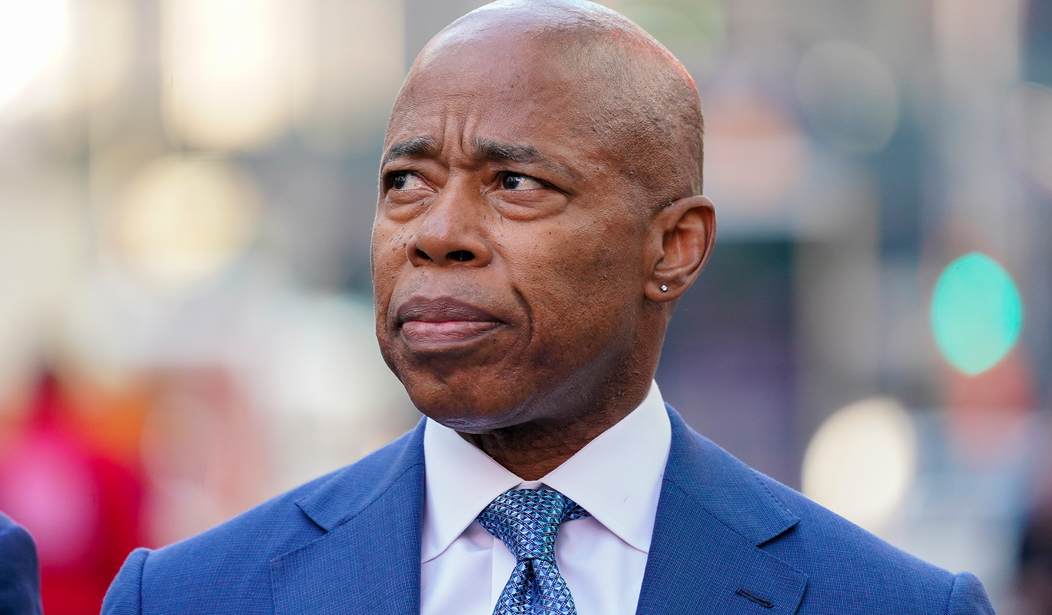America's cities have always been the melting pots of change and progress. Historically, they have welcomed migrants and refugees with open arms, offering them a chance at the American dream. However, as recent events have unfolded, there's a palpable tension in some of the country's most liberal cities caused by the very policies that made them bastions of liberal ideals. As waves of migrants seek shelter within their jurisdictions, these cities grapple with the growing disparity between their welcoming rhetoric and the gritty realities on the ground.
Massachusetts, for instance, has become a poignant emblem of this dilemma. Despite its deep-rooted ethos of openness and acceptance, the state has been pushed to its limits; the welcoming rhetoric and policy of the state has caused its governor, Maura Healey, to declare a state of emergency. With over 20,000 people in the state shelter system and a monthly expenditure soaring to $45 million, the crisis is reaching levels that the state was grossly unprepared for.
New York City, another liberal stronghold, echoes Massachusetts' challenges, with their mayor, Eric Adams, calling for a state of emergency and additional federal funds. These are no longer just requests for these embattled "sanctuaries"; they have become necessities.
But what draws so many to states like Massachusetts and New York? The answer lies in the state's liberal policies. As Healey remarked in her appeal to the Department of Homeland Security, Massachusetts has always been a "beacon to those in need." This compassionate stance has undoubtedly become its Achilles' heel. Its policies, aimed at providing a safe haven for migrants, have unintentionally made it a magnet for an overwhelming influx of migrants.
This crisis brings to the fore two uncomfortable realities: Liberal cities were unprepared for the ramifications of their policies, and the consequences of their actions may lead to their own party's undoing.
Recommended
Reading through the news, combing through social media and speaking to people on the ground, it is clear that the phrase "sanctuary city" is likely at its death. It was easy for governors and mayors of liberal states and cities to decry states like Texas for their perceived inhumanity for refusing to allow more migrants to stay in their towns and for advocating for closed borders. But now that the problem is in their backyard, they see the grave issues that it can pose in their own communities. They see the unfairness in treatment compared to their states' own needs.
This current situation should offer a moment of reflection for these cities and for the people who support the policies that have destroyed them. It is a stark reminder that we can't help everyone, and if we're going to try, we should do it the right way. Though, the right way is not always the compassionate way.
Unfortunately for Democrats, they are now discovering that their approach of compassion through open borders and free services may be less humane than the alternative. When newcomers receive treatment far superior to that of existing citizens, it raises a painful question: Why are so many in dire circumstances within our borders ignored? Is it because they are Americans, like me? These disparities are becoming more apparent, and the generous conditions provided to migrants may only serve to encourage more to come into the United States. Friends and family hear of the services provided and are drawn to make the journey. No doubt the countries that these migrants come from face the gambit of issues that may make them eligible for asylum -- conflict, persecution, death. Yet, instead of offering aid to their countries to encourage them to stay where they are, the United States seems content to accept the citizens of those countries.
The discrepancy in aid distribution is striking. The United States has sent $113 billion to Ukraine, a distant country that has little connection to our own and is relatively stable in many of its regions. In contrast, we've failed to provide even a fraction of this aid to the countries that migrants are coming from. While I don't believe that the United States should act as a charity to every poor and conflict-ridden nation, if we're going to spend the money anyway, we should at least put it to a use that will actually have a positive and clear impact on our own country.
The unfolding situation in liberal cities like Boston and New York City reflects a broader national challenge. It represents a tug of war between ideals and harsh realities. Perhaps these cities will learn from their experiences, perhaps they won't. Regardless of the outcome, the current conditions are undoubtedly opening the eyes of Democrats to the true consequences of their party's policies. More than ever, this situation exposes the lies that the Democratic elites tell their supporters.

























Join the conversation as a VIP Member